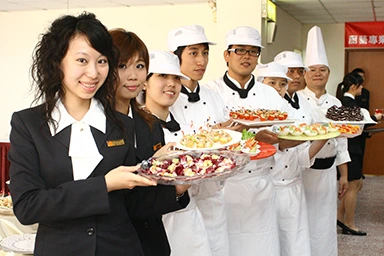https://insiderguides.com.au/city/perth/
- Relaxed outdoor lifestyle
- Unique Western Australian experience
MULTI-CULTURAL CITY
- Multi-cultural population of 2 million people
- People from more than 30 countries
- A popular choice for international students
- Local communities from many cultural backgrounds
- Ethnic food, grocery stores, restaurants, and community newspapers and magazines in many languages
PERTH ATTRACTIONS
- Kings Park & Botanic Garden, Cottesloe Beach, Perth Bell Tower, Aviation Heritage Museum, Swan River, Lotterywest Federation Walkway, Scarborough Beach, Queens Gardens, The Perth Mint, Swan Valley Perth’s Valley of Taste, Penguin Island, and many more.
TEMPERATE CLIMATE
- Perth has a mixture of Californian and Mediterranean climates, The winters are mild and summers are hot and dry.
- Perth is the sunniest capital in Australia with an average of eight hours sunshine a day.
Please note: The seasons in Australia are opposite to those in the northern hemisphere. Summer occurs at the start and end of the year, and winter is in the middle of the year.
ACCOMMODATION IN PERTH
You have different accommodation choices.














